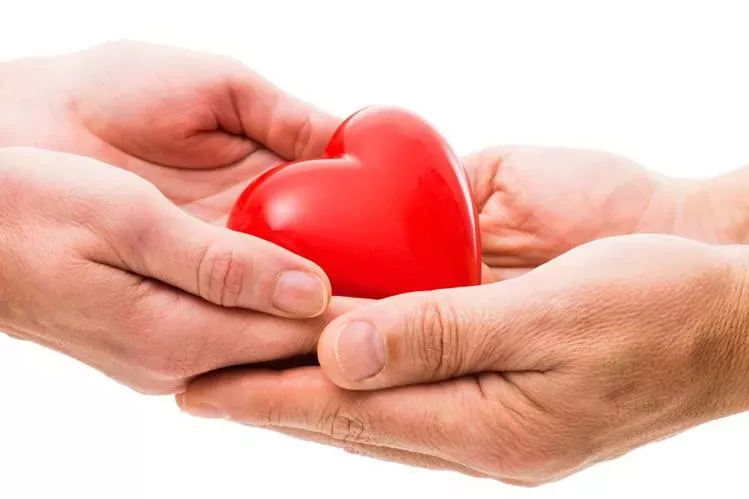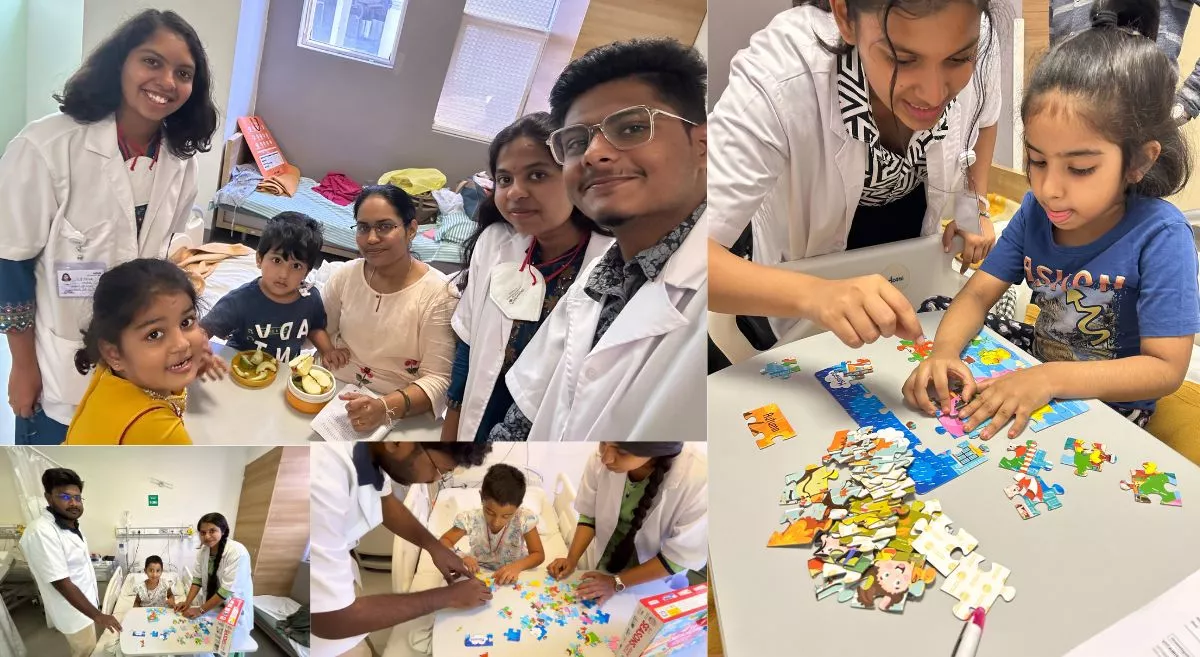Organ donation is the practice of retrieving a human organ from a living or deceased person, who is referred to as a Donor, and transplanting it to a recipient. The recipient is a patient who is suffering from organ failure and who may not survive for long unless he/she receives an organ transplantation.
Importance of organ donation
Receiving an organ can be a life-changing event for a patient who is awaiting organ transplantation. An estimated 5 lakh organs are required each year. Barely 2-3 per cent of the demand is met, and many people die of organ failure every year across India.
Which organs can be donated?
Major organs that can be donated are Kidneys, liver, heart ,lungs, pancreas and intestine. In addition to organs, you can also donate tissues like cornea, skin, bones, ligaments, heart valves etc. A majority of kidney and liver donations are through live donors whereas heart, lung and pancreas donations can take place through brain dead donors.
Types of Organ Donation
Living donor: A living donor might be either a close relative or a distant relative/friend. A spouse, son/daughter, brother/sister, parents, grandparents, and grandkids are examples of close relatives. Other than close relatives and friends, those who wish to donate organs must obtain approval from the State Authorization Committee.
Deceased Organ Donation: This is an organ donation from a person whose brain stem has been declared deceased by a team of authorised doctors. When a person loses consciousness, brain stem reflexes, and the ability to breathe, they are said to be brain stem dead. All viable organs and tissues can be given when a person dies.
The Living Organ Donation Process
The living donor has to undergo medical test and evaluation to confirm his /her medical compatibility with recipient. The donor will need to remain under medical care for few days after organ retrieval until he /she is fit to go home.
The Deceased Donation Process
A deceased donor is often someone who has suffered a fatal injury to head. Once he /she is declared brain stem dead, the donor’s family may choose to give consent for donation. Meanwhile, the donor is kept on life-support with doctors looking after all his/her needs until the retrieval of organs is allowed to move forward. A waiting list is used to find suitable recipients for all organs. They are alerted and instructed to proceed to their respective hospitals. After retrieval, the body of the donor is respectfully handed over to their family. Retrieved organs are transported from the hospital of the donor to recipient hospitals. The cost of organ retrieval is borne by the recipients and coordinated by the organ retrieval organisation.
Law governing organ donation in India
The primary legislation related to organ donation and transplantation in India, Transplantation of Human Organs Act, was passed in 1994. The amendment to the act was passed by the parliament in 2011, and the rules were notified in 2014.
Should Organ Donors Communicate with Their Families?
In India, the next of kin of the donor has the legal authority to determine whether or not to donate their organs. As a result, when you register to be an organ donor anyplace, it is critical that you discuss your desire to donate with your family.






